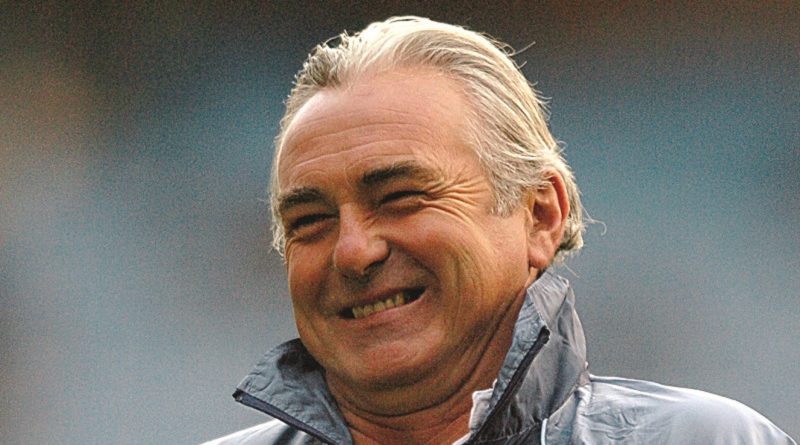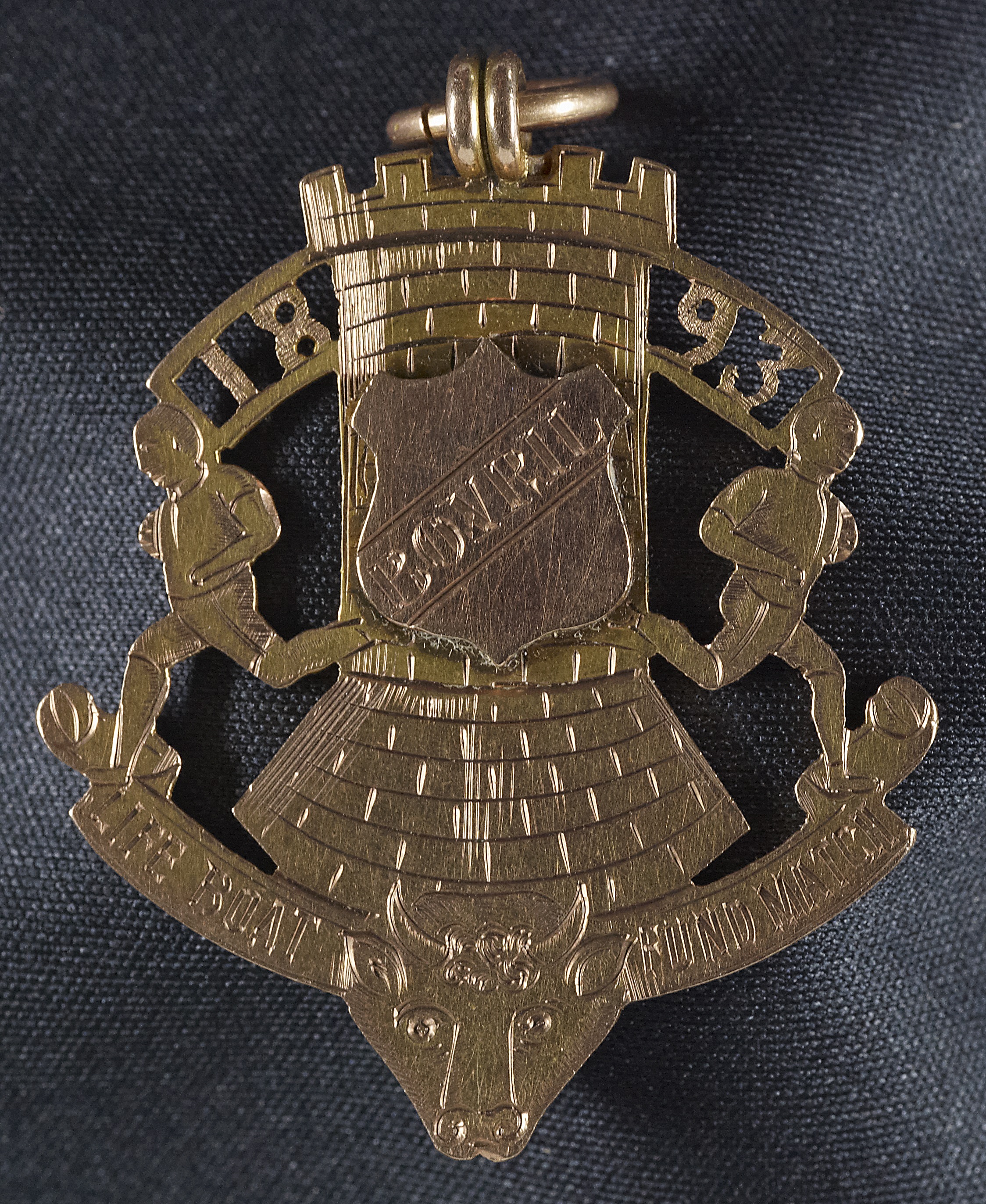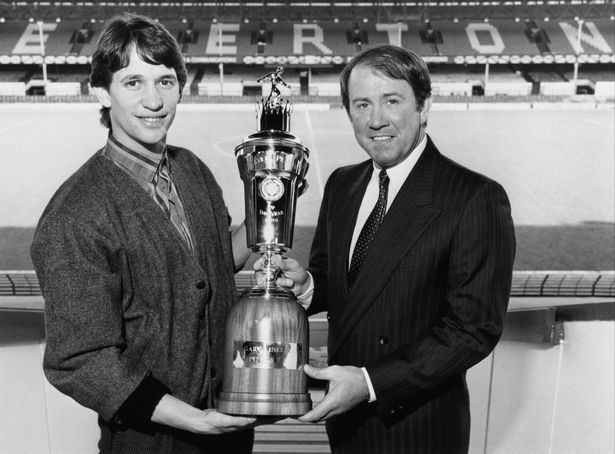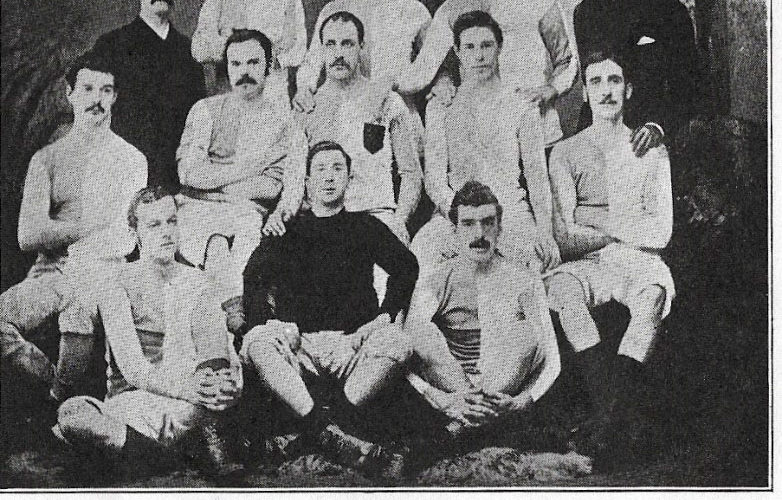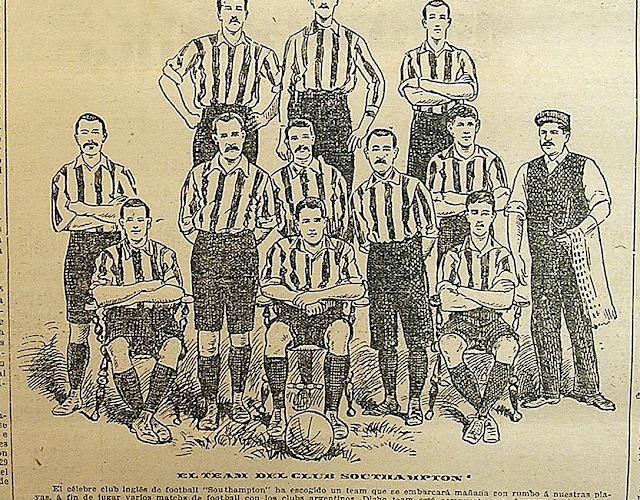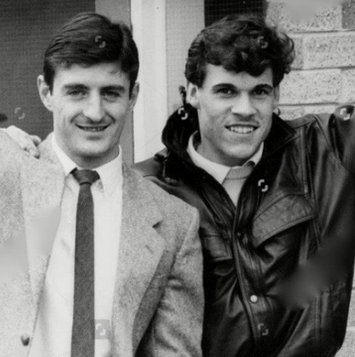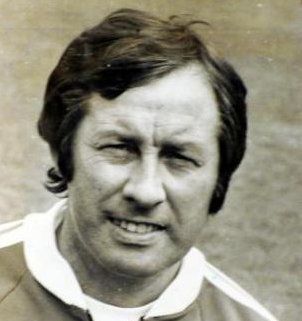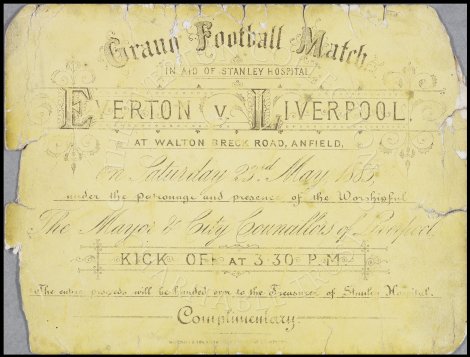A Day in the Life – Mervyn Day
Mervyn Day was a very reliable goalkeeper in the 1970’s, starting his professional career with West Ham United. He became the youngest goalkeeper to play in an FA Cup Final at the age of nineteen, when The Hammers faced Fulham at Wembley, collecting a winners’ medal after an Alan Taylor ‘double’ sealed victory. After six years at Upton Park, he joined close neighbours Leyton Orient for £100,000. He then furthered his career with Aston Villa and Leeds United, making over 200 appearances for the Elland Road club. Following loan spells at Luton Town and Sheffield United, he applied his experience…

